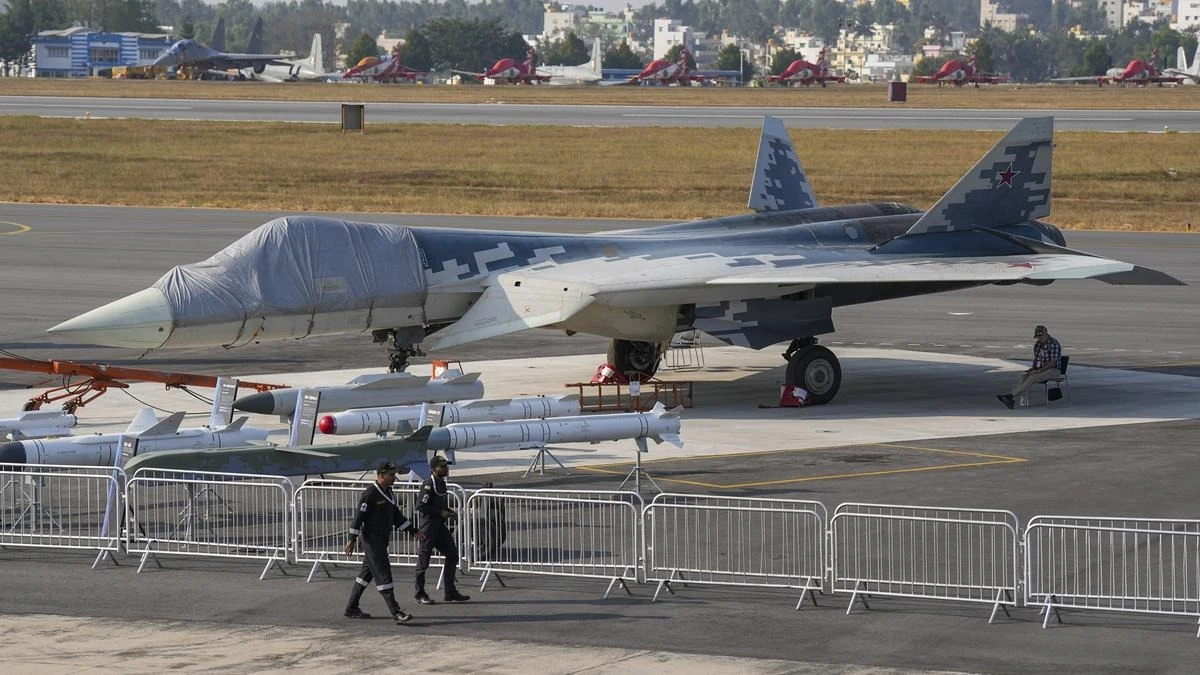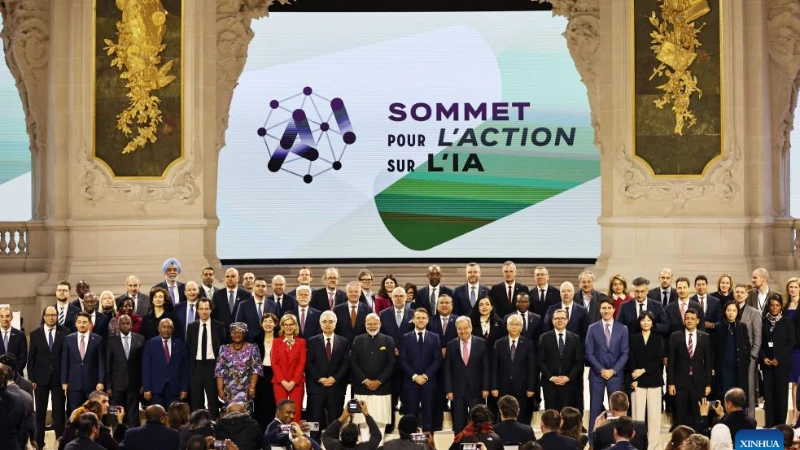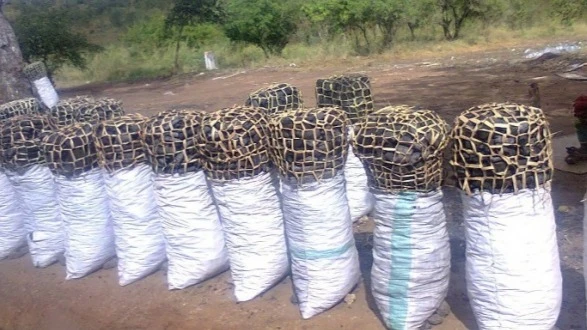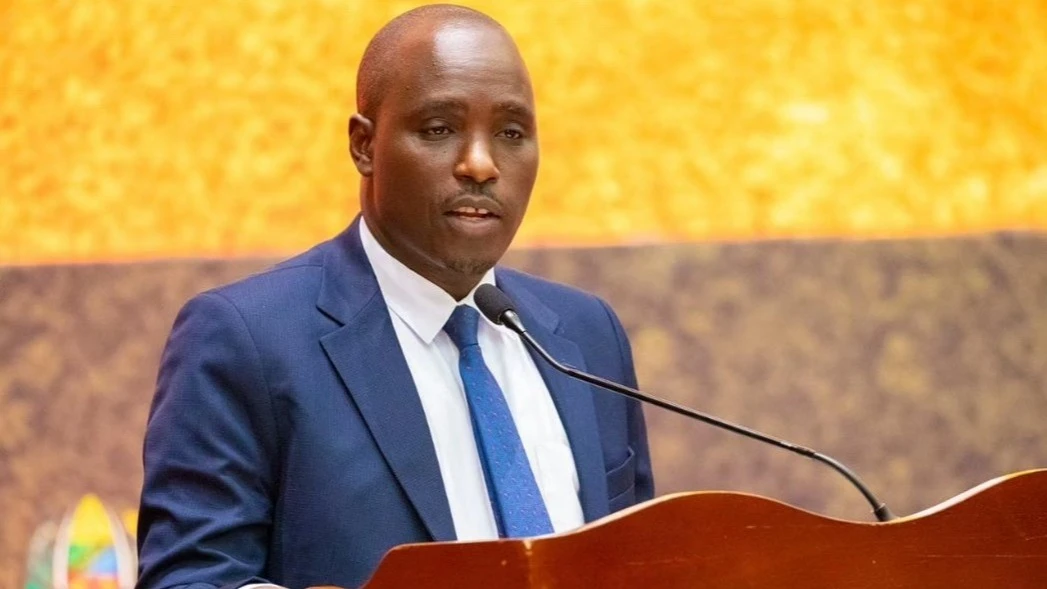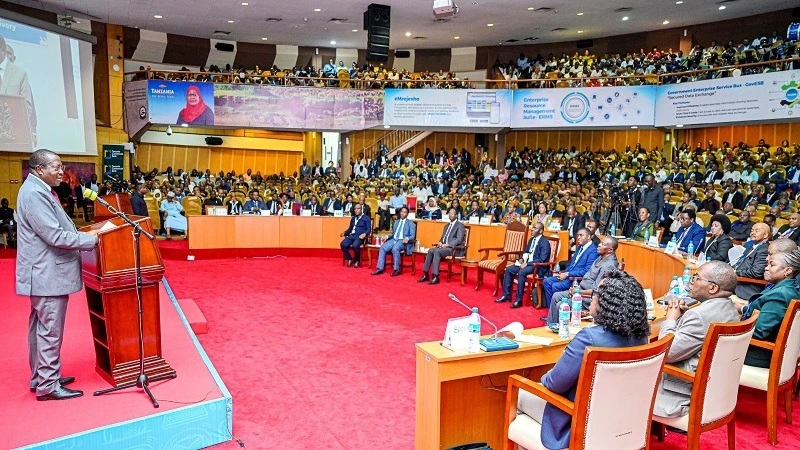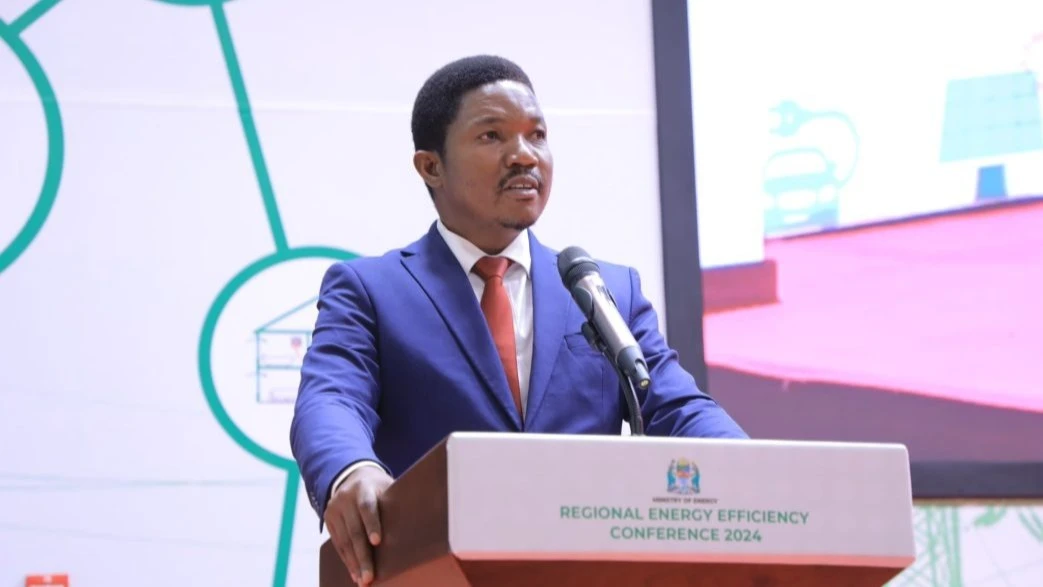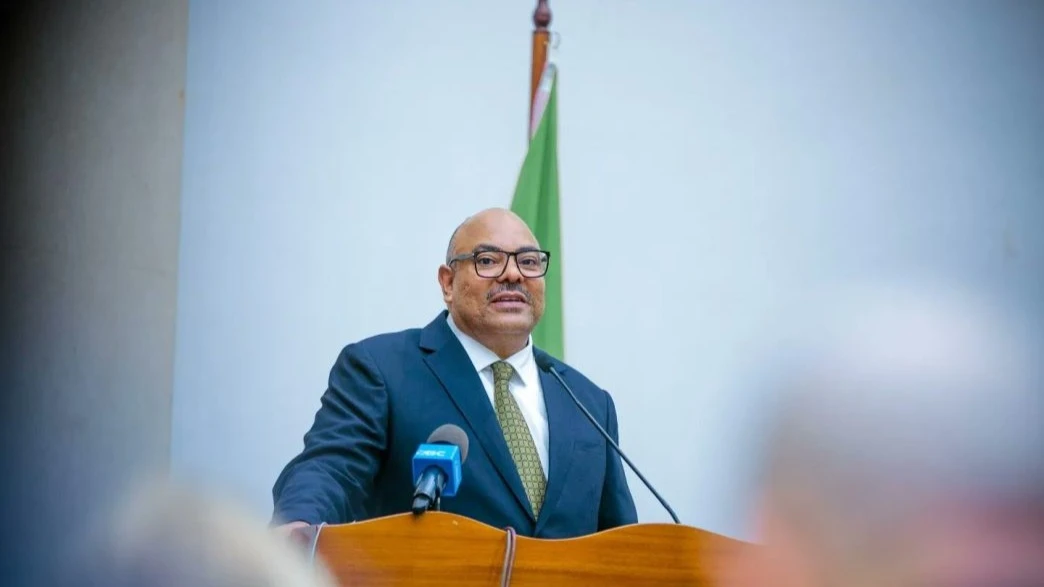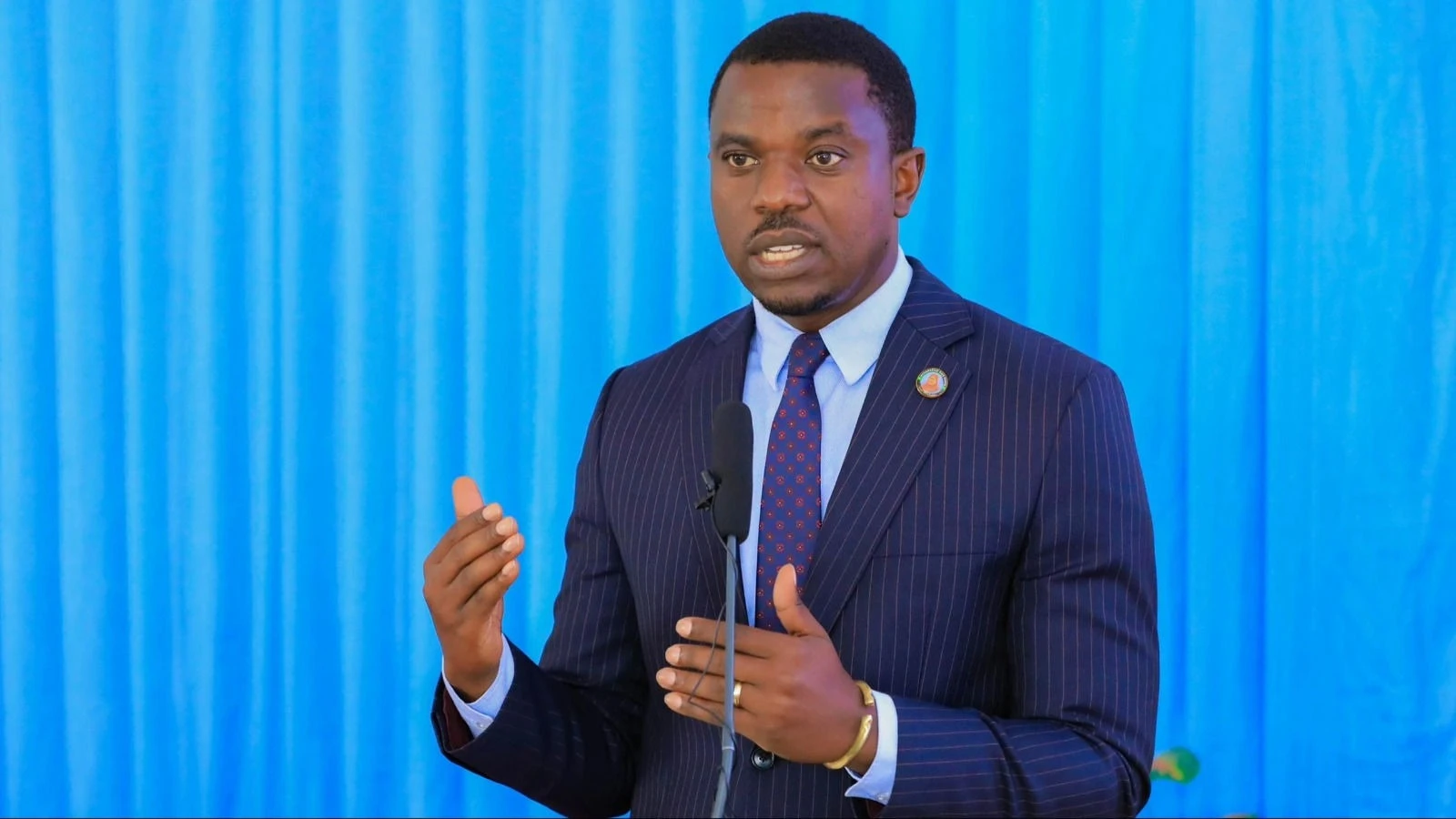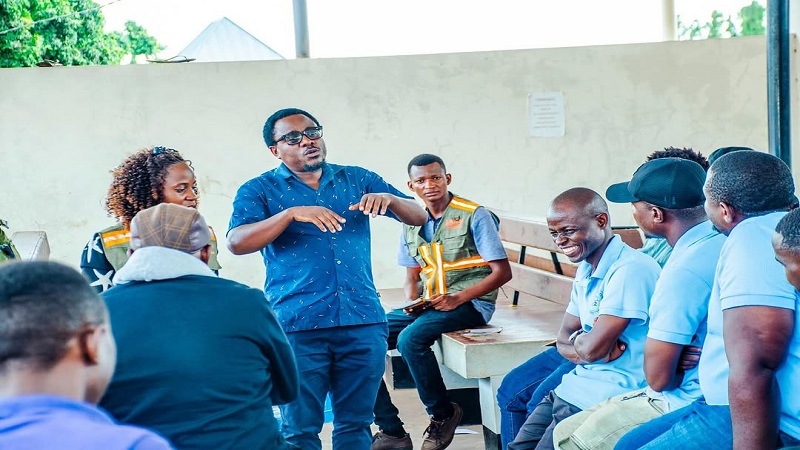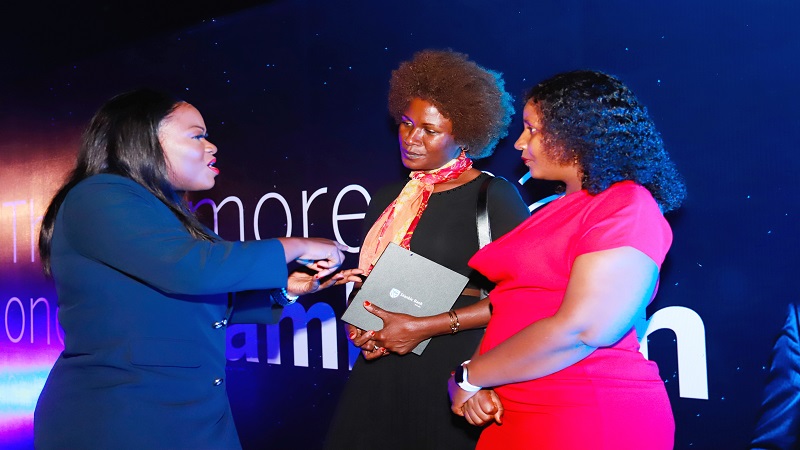SPECIAL REPORT: Thriving through climate change: Electricity, charcoal dilemma - 3
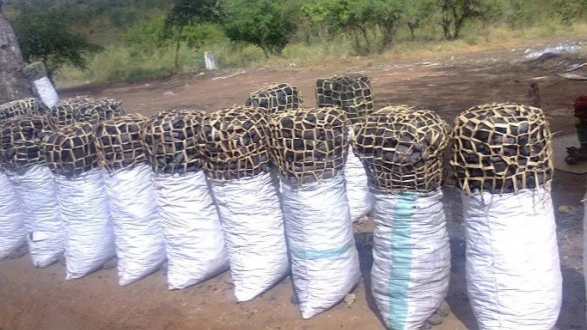
The government should harmonize electricity tariffs to achieve the targets outlined in the National Energy Compact (NEC) endorsed at the 2025 Africa Energy Summit held recently in Dar es Salaam.
The Compact aims to make electricity the primary energy source for cooking in Tanzania.
Fadhila Trisekwa, Senior Manager for Tax Services at PwC, emphasized that to achieve the Compact’s objectives, the government must urgently align its policies and budget allocations.
According to her, the willingness among Tanzanians to use clean cooking energy solutions increased from 1.5 percent in 2010 to 6.9 percent by the end of 2021.
“The government needs to address taxation and levies on electric cooking appliances. Electric stoves are subject to a 10 percent import duty and an 18 percent VAT, burdening end users,” Trisekwa noted.
She also highlighted challenges with liquefied petroleum gas (LPG), which faces high levies despite being promoted as a cleaner alternative to charcoal.
“Ethanol, used in producing gasoline, can constitute up to 20 percent of LPG. Locally manufactured ethanol faces a 5,000/- per liter excise duty, while imported ethanol costs 7,000/- per liter with a 35 percent import duty and 18 percent VAT. These levies hinder efforts to reduce LPG cylinder prices,” she explained.
The Compact aims to facilitate electricity production, transmission, and distribution to enhance access for cooking. The government is committed to adopting a competitive and affordable power cost masterplan with fair regulations on clean energy investments starting in 2025.
By 2027, a competitive procurement framework for power projects must be aligned with the Public Procurement Act 2023. Additionally, a Renewable Energy Independent Power Producer Procurement Program will be rolled out by 2026.
Addressing the Africa Energy Summit, Dr. Amani Abou-Zeid, Commissioner for Infrastructure and Energy at the African Union Commission, emphasized embracing the African Continental Masterplan (CMP) and the African Single Electricity Market (AfSEM) to advance the continent’s clean energy goals.
Dr. Zeid highlighted that AfSEM aims to harmonize the electricity market across the continent by 2040. Under the energy compact, Tanzania is committed to establishing a trading unit within Tanzania Electric Supply Company Limited (TANESCO) by the end of this year to facilitate intra-regional power trade.
A cost-of-service study will be completed by June 2026 to facilitate the development of cost-recovery tariffs and annual tariff adjustments by 2027. “To improve cost-effectiveness in regional power exchanges, the government is committed to harmonizing transmission tariffs with the Southern African Power Pool and the Eastern Africa Power Pool by 2026,” the Compact document states.
Tanzania also plans to revise the Small Power Projects (SPP) framework by 2026 and review net-metering rules for renewable energy in 2027.
During the summit, African heads of state adopted the Dar es Salaam Declaration, which aims to provide affordable electricity to 300 million people across the continent within the next five years.
The Declaration seeks to lower electricity costs and reduce dependence on charcoal by promoting clean energy solutions.
Professor Vincent Nmehielle, Secretary General of the African Development Bank, presented the Declaration, emphasizing its goal to mobilize private capital and expand power generation and distribution infrastructure.
The heads of state requested the African Union Commission to submit the Declaration to the AU Assembly for adoption.
Dr. Leila Benali, Minister for Energy and Sustainable Development for Morocco, called for innovative approaches to electrify Africa, focusing on developing technologies for batteries, transmissions, and grid management.
She stressed the importance of accommodative policies and regional coordination.
Tanzania’s Energy Minister and Deputy Prime Minister, Dr. Doto Biteko, noted that the country's power generation capacity had increased to 3,160 MW in 2023 compared to 21 MW in 1961.
He projected that electricity installation capacity would reach 4,000 MW by the end of 2025.
Amina Mohammed, Deputy Secretary General of the United Nations, highlighted that around 600 million people in Africa lack access to electricity, while 950 million rely on non-clean energy sources.
She urged the implementation of the $1.3 trillion Bucha Road Map to bridge the climate financing gap.
Dr. Victoria Kwakwa, Vice President for Eastern and Southern Africa at the World Bank Group, questioned whether sustainable financing mechanisms are in place for electricity infrastructure. She noted that approximately $1.3 trillion will be needed by 2040 for electricity generation and cross-border transmission infrastructure.
Addressing the summit, President Samia Suluhu Hassan outlined Tanzania’s focus areas for implementing the National Energy Compact.
She highlighted that the Compact aims for 75 percent electricity coverage by 2030, requiring $13 billion, with $5 billion expected from the private sector.
“Tanzania’s focus will be on clean cooking solutions, increasing electricity generation, finalizing rural electrification, and strengthening regional connectivity,” President Samia stated. The country's current electricity penetration stands at 3,431.20 MW, with demand at 1,888.72 MW. Hydropower accounts for 58 percent of the supply, natural gas 35 percent, and other sources seven percent.
The government aims to add 2,463 MW from natural gas, geothermal, wind, and solar by 2030. Having connected all 12,318 villages to electricity, the focus now is on connecting the remaining 31,532 hamlets.
“To this end, the government aims to raise electricity connectivity to 75 percent by 2030. The AfDB and the World Bank have pledged a combined $40 billion for Mission 300,” President Samia noted.
She acknowledged that the AfDB’s Energy Development Programme has electrified 25 million people since 2016, increasing access to 52 percent from 39 percent in 2015.
During the summit, the Islamic Development Bank committed $2.65 billion, the Asian Infrastructure Investment Bank committed $1.5 billion, and the OPEC Fund pledged $1 billion.
In rural areas of Tanzania, household owners pay 27,000/- to TANESCO for electricity connection, while urban residents pay 320,960/- for connecting electricity to commercial or residential property.
Top Headlines
© 2025 IPPMEDIA.COM. ALL RIGHTS RESERVED











